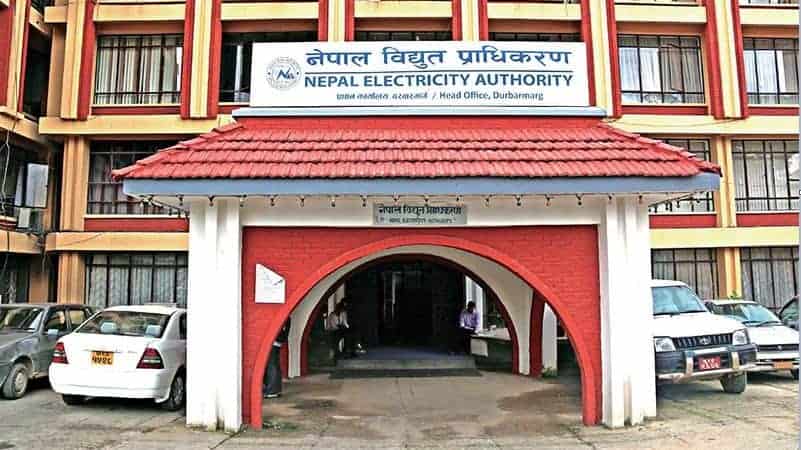
Kathmandu, Oct 21: A group of Nepali industrialists has collectively refused to pay what they call unfair “dedicated” and “trunk line” electricity tariffs, accusing the Nepal Electricity Authority (NEA) of arbitrary billing and misuse of authority. Their decision came as the NEA began cutting power lines after payment deadlines expired.
In a statement, the Federation of Victimized and Harassed Industrial Group (Nepal) said their refusal to pay is a stand for the rule of law and economic stability, not an attempt to evade legitimate charges. “This is a fight against institutional authoritarianism and baseless power that threatens the economic future of every Nepali,” the group said, addressing the Gen Z youth movement, which has been campaigning for good governance. “If there is no evidence, why should we pay?”
The industrialists said the dispute involves more than 30 large industries, not just a few companies. They argue that no industry has used premium dedicated line services in the past seven years, which they say exposes serious flaws in the NEA’s billing system and lack of evidence.
They demanded a fair review based on the report of the Lal Commission and Time of Day (ToD) meter data that can verify whether industries actually operated during the load-shedding period. “How can we make payments when the NEA has no proof we used such services?” they asked.
The group accused the NEA of ignoring due legal process. They said industries were first asked to file for administrative review and deposit a 5 percent bank guarantee of the disputed amount, but the NEA board later annulled the process altogether. The industrialists called it “institutional injustice and disregard for the rule of law.”
They also warned that the NEA’s threats to disconnect electricity are not a legitimate way to recover dues but an act that could harm the national economy. The affected industries employ over 15,000 people, and if power is cut, they said, factories will close, putting thousands of jobs at risk during an already severe economic slowdown.
The group argued that the NEA’s aggressive stance could backfire on the government itself. “We are reliable consumers who pay over one billion rupees in monthly electricity fees. Risking this steady revenue source for the sake of disputed dues is against national interest,” they said.
Citing a previous incident, they claimed that when power was cut to 23 industries for 22 days, the industrial sector lost over Rs 12 billion while the government lost more than Rs 3 billion in customs, excise, and income taxes — a 4:1 loss ratio proving the economic damage of such actions.
Calling the dispute a “test of good governance,” the industrialists noted that while the NEA initially demanded over Rs 20 billion, the Lal Commission later recommended collecting only Rs 6 billion, showing the earlier billing was arbitrary. They urged the government and the NEA to respect accountability and the principles of justice upheld by the youth movement.
The group demanded that all power cut threats be suspended, administrative and legal procedures be respected, and responsibilities be determined transparently using ToD meter data. “We are not against payment,” they said, “but against baseless and autocratic power. Until justice based on evidence is ensured, we will continue our stand to protect the national economy and the livelihoods of over 15,000 citizens.”
-People's News Monitoring Service






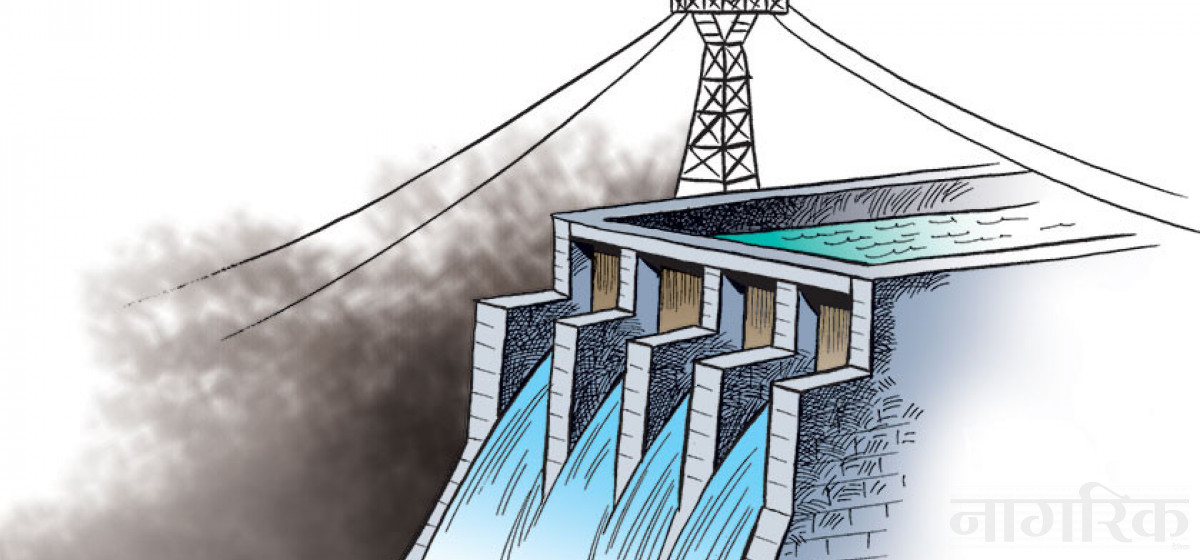
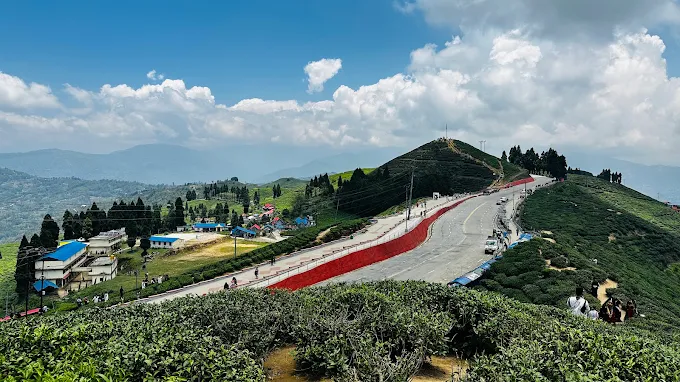
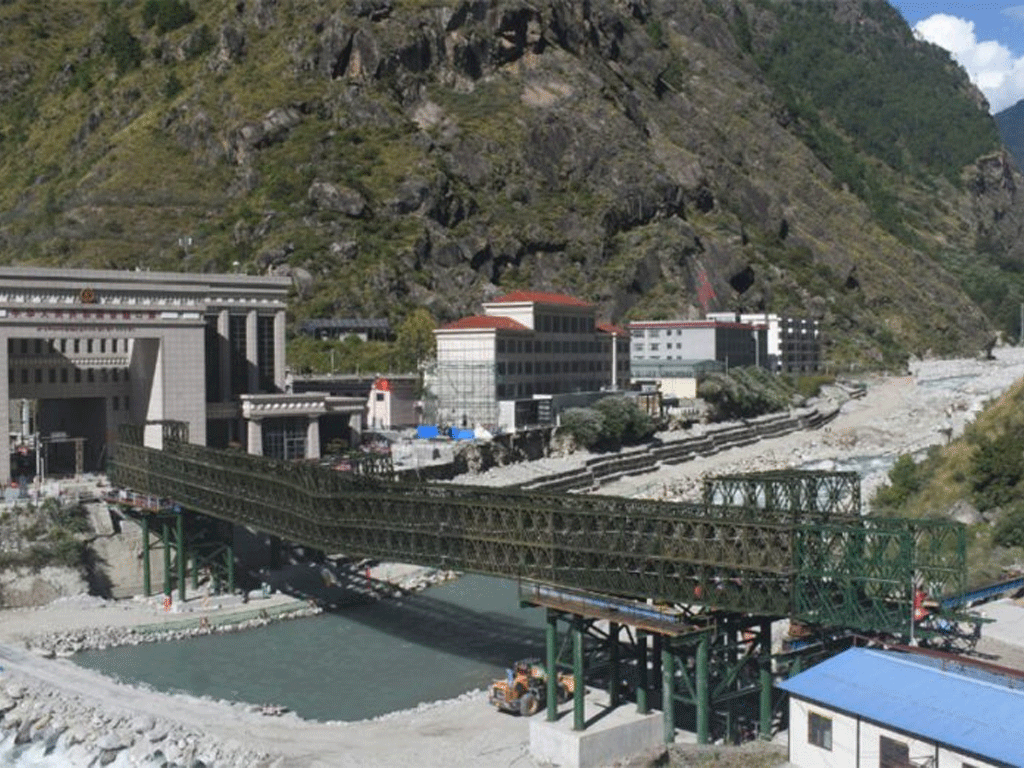
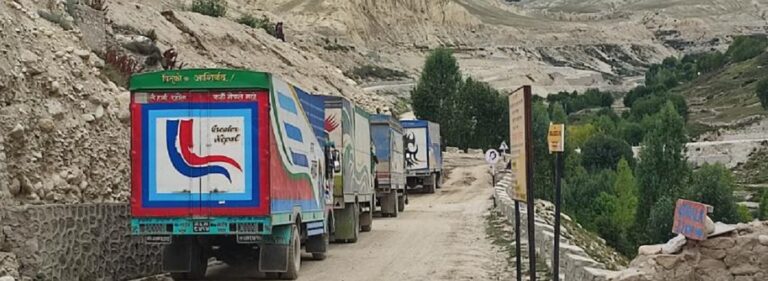
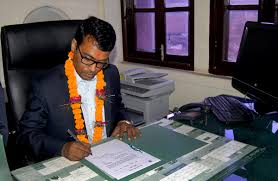
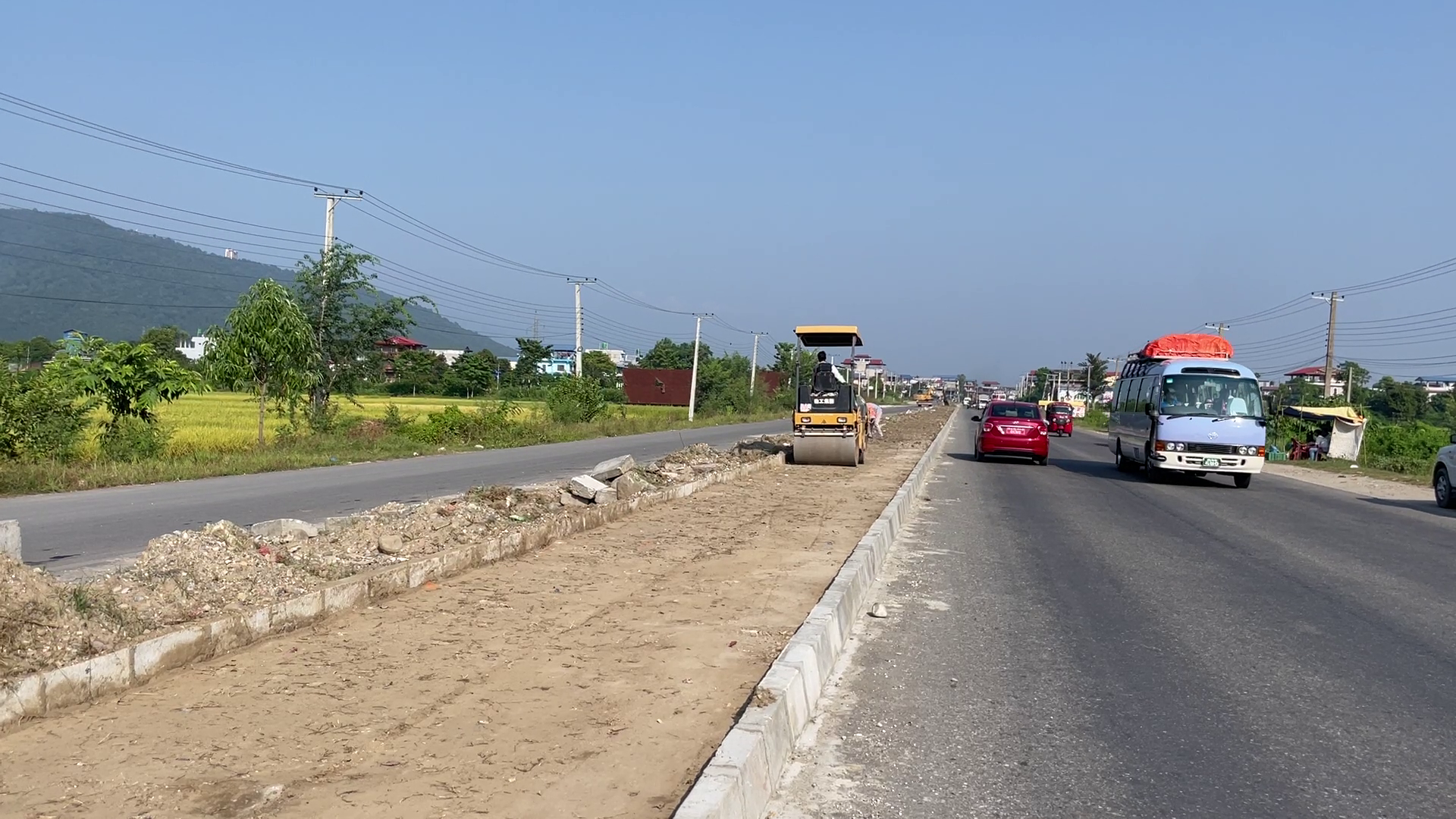
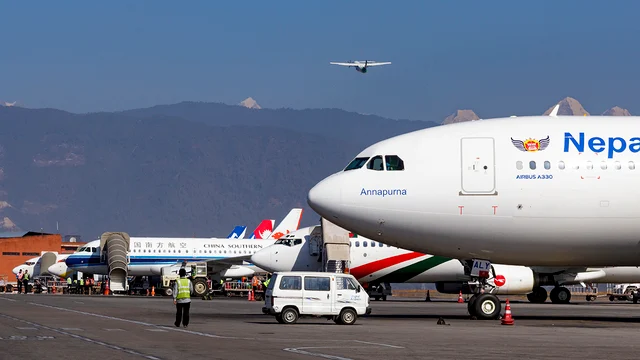

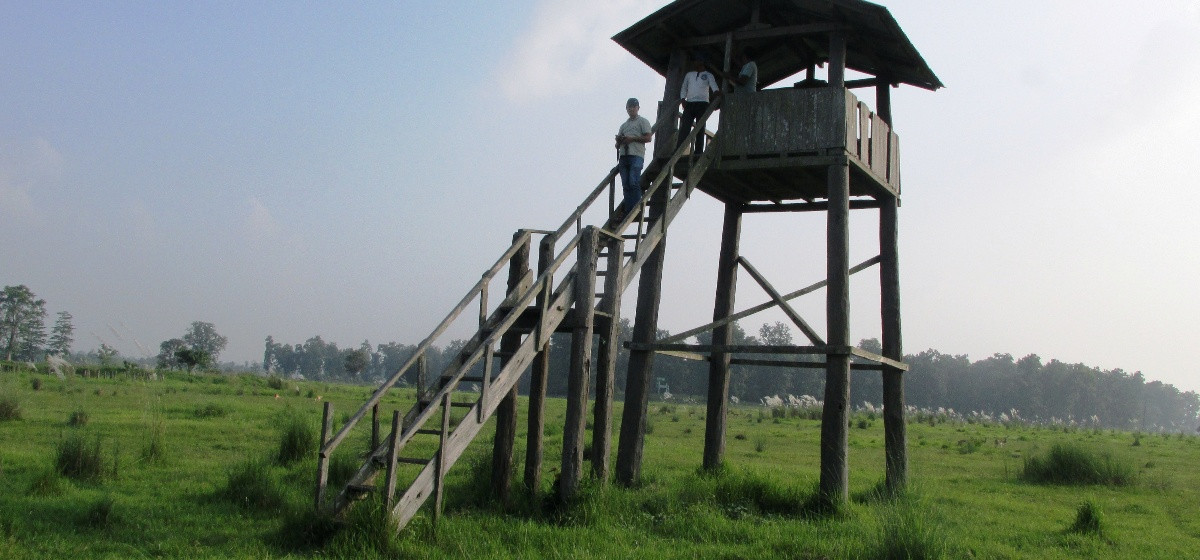




Comments:
Leave a Reply